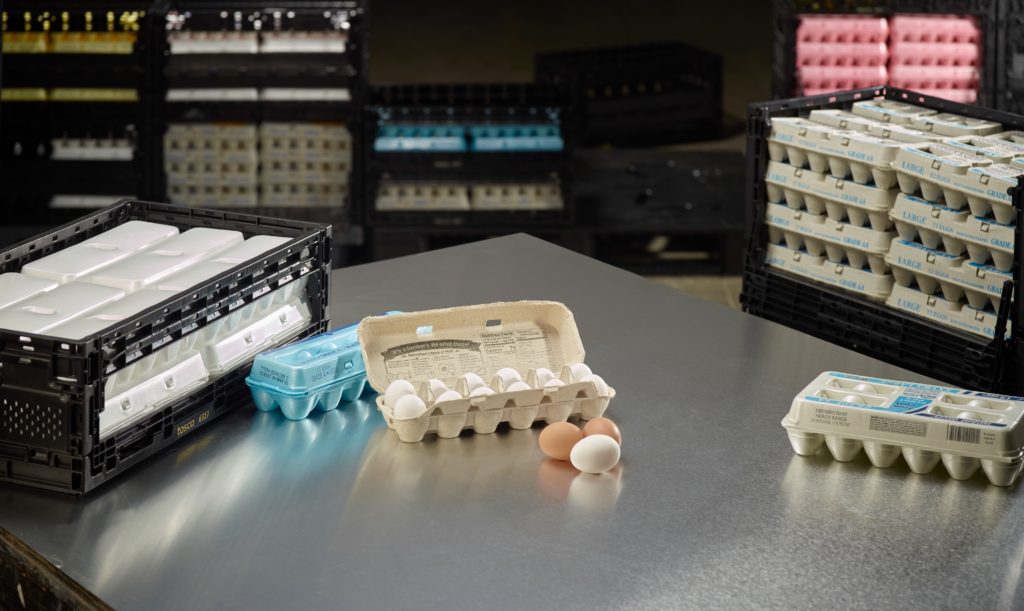Reducing Food Waste (& Costs) with Reusable Plastic Containers
Food waste is a major problem in the grocery supply chain and growers and retailers are responsible to participate in that fight. The European Food Information Council estimates that 88 million tons are wasted each year in the EU alone, representing 174 kilograms per person. Estimates for the US aren’t much better, with The World Food Program USA reporting that as much as 40% of the US food supply is wasted each year.
These wasted tons become even more problematic in the face of rising inflation and supply shortages. When your store is only receiving a limited supply of eggs for the week, the number of eggs that make it to the shelf intact are far more important.
Solving The Food Waste Crisis
Like many things, however, the shortages caused by supply chain disruptions only highlighted an already existing problem. Food waste was already a major problem and costs millions of dollars in lost revenue for every player in the food supply chain.
Fortunately, high quality reusable plastic crates exist as a more protective alternative to corrugated, protecting product throughout the supply chain so retailers can depend on more product making it to shelves in a sellable condition. This is relevant for all perishable supply chains – eggs, produce, poultry, and expensive case ready meat are all vulnerable to the bumps and jolts of the supply chain.
The food grade polymers of reusable plastic containers offer far greater structural integrity and impact resistance than corrugated boxes – reducing shrink, eliminating food waste, and improving your revenue along the way.

The Egg Example: Reducing Shrink with Reusable Plastic Containers
Somewhere between four to six percent of all eggs shipped end up damaged, representing millions of dollars of shrink each year. Even so, the savings offered by switching from corrugated boxes to Tosca RPCS are unprecedented—retailers saw an average 50% increase in savings after switching.
Those reduced costs can lead to better investment in automation technology, new partnerships with third-party companies, or cost savings passed down to budget-conscious consumers. It’s no surprise, then, that Tosca RPCs are the packaging solution of choice for over 5,300 retail locations, and are responsible for moving over 600 million cartons of eggs each year.
By expanding retail use of RPCs to a wider variety of food items, retailers save not just on eggs, but on everything they ship and receive. While it’s difficult to eliminate the problem of food waste entirely, retailers can do their part through simple, cost-saving changes that leave a great impact on the overall health of our food economy.


